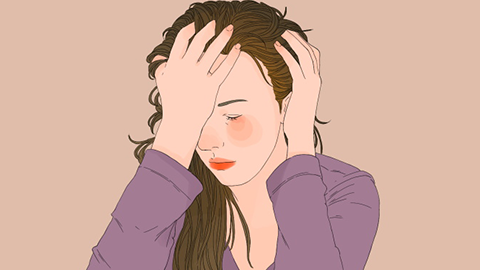Are physical symptoms of anxiety disorder a sign of severity or not?
Generally, whether the physical symptoms of anxiety disorder are severe needs to be comprehensively evaluated based on symptom presentation, duration, and the extent of impact on daily life. If discomfort occurs, timely medical consultation is recommended. Specific analysis is as follows:

When physical symptoms are mild—such as occasional palpitations, dizziness, or slight chest tightness—that last for a short duration and can be quickly relieved through self-regulation, and do not affect normal work, study, or social interactions, the condition is not considered serious. These symptoms are typically brief physiological responses triggered by anxious emotions. By promptly managing emotional stress and adjusting one's state, the frequency of symptoms can be reduced without causing substantial disruption to daily life.
However, when physical symptoms occur frequently and include intense palpitations, difficulty breathing, nausea, vomiting, or generalized pain, last for prolonged periods, cannot be alleviated through self-regulation, and significantly disrupt sleep, eating habits, and daily activities—even rendering normal living impossible—the situation is considered severe. Such symptoms indicate that anxiety has profoundly affected physiological functions. Without timely intervention, both psychological and physical burdens may worsen.
In daily life, physical tension can be relieved through deep breathing, slow walking, and similar methods. Maintain a regular routine with sufficient sleep, avoiding late nights and excessive fatigue. Eat a light, balanced diet, reduce intake of spicy or stimulating foods, and avoid caffeine and alcohol. Proactively communicate your feelings with people around you to release stress. If symptoms persist or worsen, seek professional help promptly.








